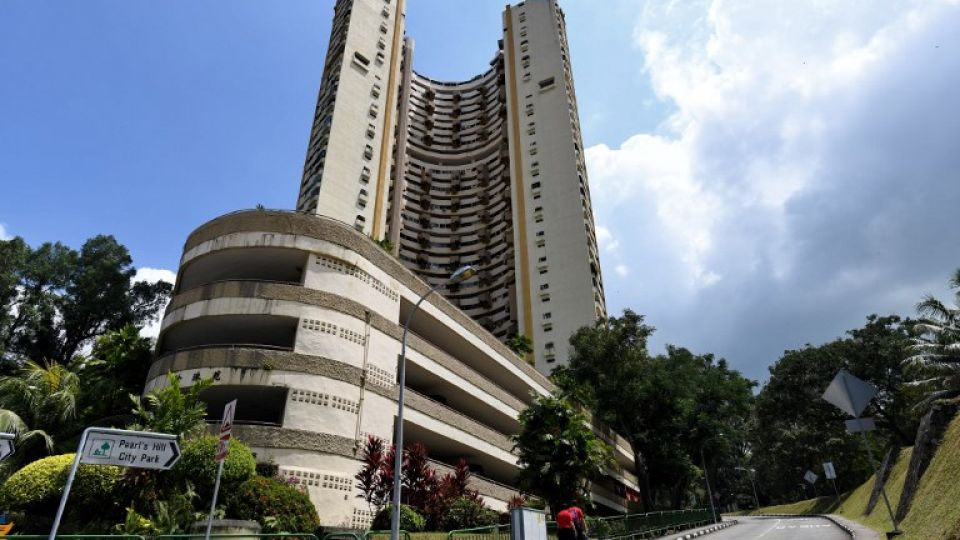February 26, 2018
In addition to measures to ease short-term concerns, much of Singapore’s 2018 budget was dedicated to positioning the country for the future.
Singapore Finance Minister Heng Swee Keat delivered the Budget statement 2018 in parliament on Feb 19.
In his speech, Heng identified three major shifts in the coming decade for which the city-state would have to prepare. The first is a shift in global economic weight towards Asia as other advanced economies pull back. The second is the emergence of new technology as the fourth industrial revolution kicks off and the last is the country’s aging population.
To best meet the challenges, Singapore will have to build on four key areas: developing a vibrant and innovative economy, building a smart, green and livable city, fostering a caring and cohesive society, and planning ahead for a fiscally sustainable and secure future.
Here are some of the measures announced during the speech.
GST hike
Speculation about an impending tax that dominated news and discussions ahead of the Budget has proven accurate. The goods and services tax will be increased by two percentage points from 7% to 9% – the first hike in more than 10 years – in order to facilitate increased government spending in areas such as healthcare in the years to come.
The change will happen sometime between 2021 to 2025, depending on the state of the economy, how much expenditures grow, and how buoyant existing taxes are.
Heng said that the increase would be implemented in a progressive manner and announced that the permanent GST Voucher (GSTV) scheme will be enhanced to help lower-income families manage.
At present, about $800 million is disbursed from the fund each year. This year, the fund will be topped up by $2 billion.
Helping firms and workers build a vibrant and innovative economy
To help keep companies from buckling under near-term cost pressures, Heng unveiled a Corporate Income Tax rebate increase to 40 per cent of tax payable, capped at $15,000 and an extension of the CIT rebate at 20 per cent until Year of Assessment 2019, capped at $10,000.
The Credit Wage Fund Scheme, which co-funds wage increases for Singaporeans, was also extended.
In addition to measures to help ease short-term difficulties, the Budget also outlined longer-term strategies to help the nation seize future opportunities, including measures to promote innovation.
The tax deduction on licensing payments for the commercial use of intellectual property (IP) was raised.
Research and development was another area that received a boost, with an increase in tax deduction for qualifying expenses incurred on R&D done in Singapore from 150 percent to 250 percent.
Going green with a carbon tax
Noting that a strong economy is not an end in itself, Heng outlined plans to improve Singapore’s living environment and make the nation a smart, green and livable city.
In addition to other measures, the government intends to implement a carbon tax from 2019 on all facilities producing 25,000 tonnes or more of greenhouse gas emissions in a year.
The carbon tax will be $5 per tonne of greenhouse gas emissions from 2019 to 2023 after which it will be reviewed. The government intends to increase it to a rate of between $10 and $15 per tonne of emissions by 2030.


